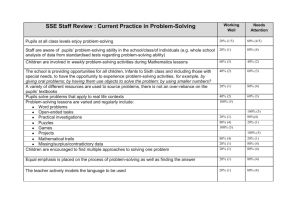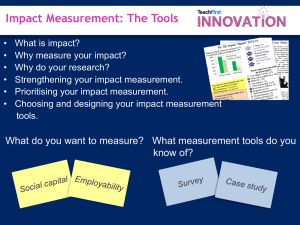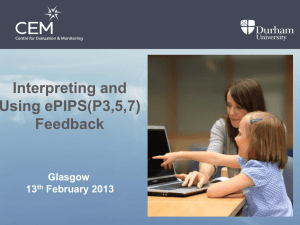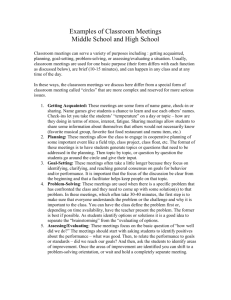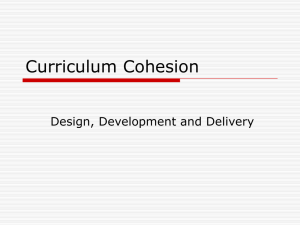Attitude to Maths Questionnaire
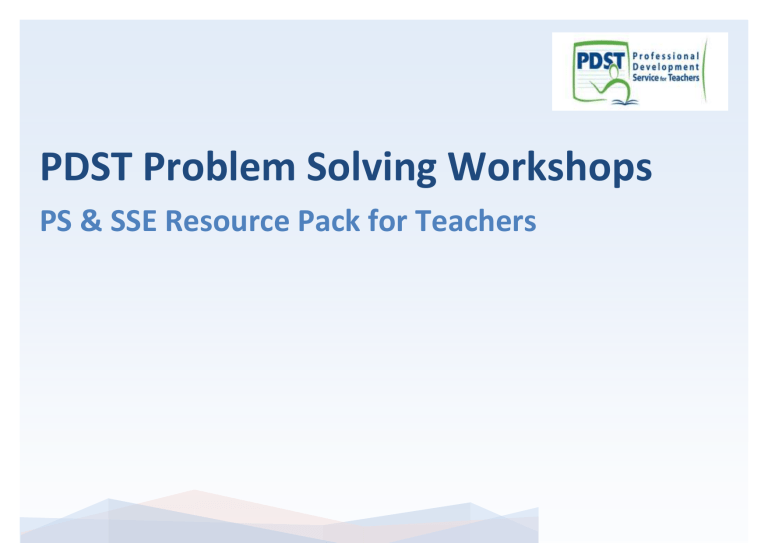
PDST Problem Solving Workshops
PS & SSE Resource Pack for Teachers
Appendix 2: Individual Tracking of Pupils / Class (Excel file available at www.pdst.ie
- Yearly Individual Tracking of
Pupil_Class - Standard Score)
2
Problem Solving Questionnaire
1) Do you like problem solving? (tick one box)
Yes
No
Don’t Know
2) What are your favourite types of problems? a.
_____________________________________________
3) Do you find problem solving easy? (tick one box) a.
All the time
sometimes
rarely
never
4) How do you solve problems?
______________________________________________
______________________________________________
5) What parts of problem solving, if any, do you find difficult?
_______________________________________________
6) Why is it so difficult?
_______________________________________________
7) What usually helps you when it’s a bit of a struggle to problem solve?
_______________________________________________
8) What could teachers do to make it easier for you to learn to problem solve?
_______________________________________________
9) Is there anything that encourages you to work hard, even when the work is difficult?
_______________________________________________
10) Is there anything else you would like to say about problem solving?
_______________________________________________
Thank you for completing this questionnaire
3
Attitude to Maths Questionnaire
Yes
1.
Do you like Maths?
2.
Do you think you are good at maths?
3.
Do you find maths easy?
4.
What parts of maths do you like best?
5.
What parts of maths do you like least?
No Don’t
Know
4
SSE Staff Review : Current Practice in Problem-Solving
Pupils at all class levels enjoy problem-solving
Staff are aware of pupils’ problem-solving ability in the school/class/of individuals (e.g. whole school analysis of data from standardised tests regarding problem-solving ability)
Children are involved in regular problem-solving activities during Mathematics lessons
The school is providing opportunities for all children, Infants to Sixth class and including those with special needs, to have the opportunity to experience problem-solving activities, for example, by giving oral problems; by having them use objects to solve the problem; by using smaller numbers?
A variety of different resources are used to source problems, there is not an over-reliance on the pupils’ textbooks
Pupils solve problems that apply to real life contexts
The basic steps to problem-solving are taught - Understanding a problem, planning the solution, attempting a solution, reviewing the problem and the solution
Strategies are taught to help children implement these steps e.g. use smaller numbers, use concrete materials, draw a diagram
There is whole school agreement on using strategies such as:
RAVECCC - Read, Attend to key words, Visualise, Estimate, Choose numbers, Calculate, Check; or
RUDE - Read, Underline, Draw, Estimate; or
ROSE - Read, Organise, Solve, Evaluate
LUV2CC
–
Look, underline, visualise, calculate and check
(or other strategies as designed by individual schools, to support children’s problem-solving strategies. The strategy may vary for different class levels.)
Problem-solving lessons are varied and regularly include:
● Word problems
● Open-ended tasks
Working
Well
Needs
Attention
5
●
●
Practical investigations
●
●
Puzzles
● Games
Projects
Mathematical trails
● Missing/surplus/contradictory data
Children are encouraged to find multiple approaches to solving one problem
Equal emphasis is placed on the process of problem-solving as well as finding the answer
The teacher actively models: a) the language to be used b) the problem-solving process
The teacher, together with the pupils, explore and solve problems
Children are provided with regular opportunities to collaboratively solve mathematical problems
Children are provided with regular opportunities to collaboratively construct mathematical problems
Children are given explicit roles when engaging in group work
e.g. Reader, Recorder, Timekeeper, Encourager or Maths specific roles e.g. Reader, Estimator,
Calculator, Checker etc
Opportunities are provided for pupils to explain how they got the answer to a problem and discuss alternative ways of approaching a problem thus giving them opportunities to practice thinking about mathematical ideas
Children are encouraged to listen to the views of others when solving problems and to accept the reasoning of others in order to solve problems co-operatively (constructivist approach)
Opportunities to develop problem-solving in a cross curricular way are explored
ICT’s opportunities are used / explored as an integral part of problem-solving activities
6
School Review - SCOT
Strengths
1. What are the strengths of the staff of this school?
2.
What are the strengths of the management team?
3.
What resources does this school have? (environment, teaching materials, etc)
4.
What strengths are apparent in this school in relation to teaching and learning
subject area/s
meeting the needs of all pupils
teaching methodologies
pupil attainment
assessment procedures
managing curriculum change
other
5.
What strengths are apparent in relation to school organisation e.g.
policies
procedures
practices
other
6.
What are the strengths in the relationships with
7
Board of Management
parents / parent association
pupils
Areas of concern: challenges, opportunities, threats
1.
Could staff talent/expertise be used more effectively?
2.
Could management talent/expertise be used more effectively?
3.
Could resources be put to better use?
4.
What are the areas of concern in relation to teaching and learning e.g. subject area/s
meeting the needs of all pupils
teaching methodologies
pupil attainment
assessment procedures
managing curriculum change
other
5.
What are the areas of concern in relation to school organisation e.g.
Policies
Procedures
Practices
8
SCOT Analysis
9
